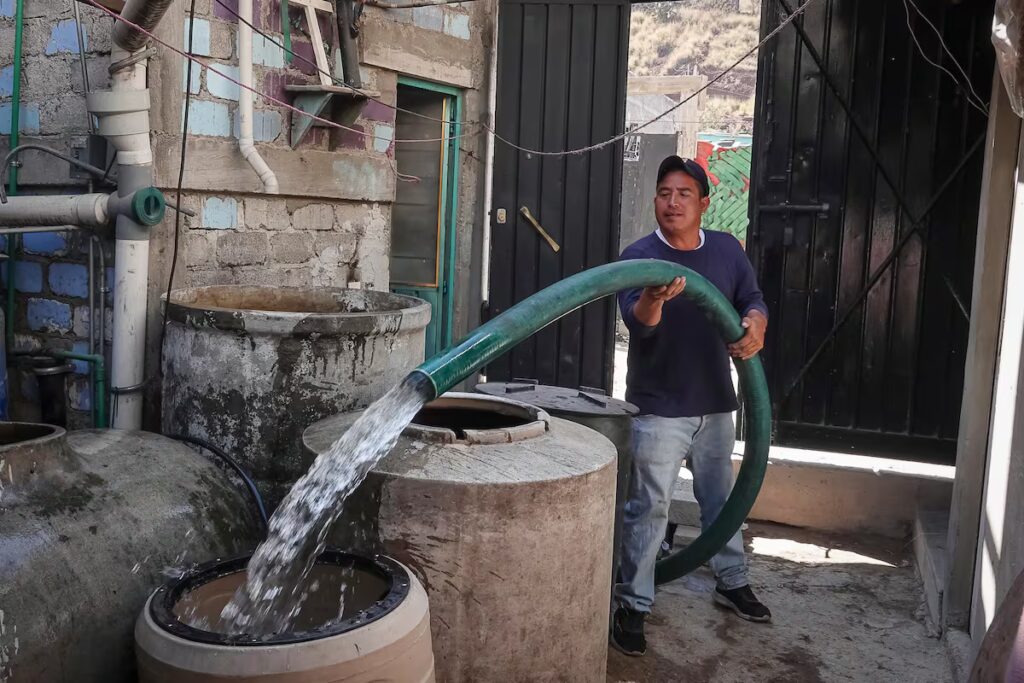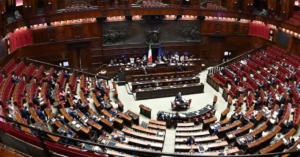
Mexican President Claudia Sheinbaum has spoken out in defense of the draft General Water Law that her Administration has prepared to reorganize the concessions granted in the past to private individuals, a point which is opposed by everyone, from agricultural organizations to big business. This Monday, manufacturers and truckers blocked nearly 40 federal highways in 22 states for up to ten hours to protest a series of demands that include improvements in highway safety, increases in agricultural prices and changes to the president’s water initiative. Last Tuesday, the president shielded the heart of his reform, but opened the door for changes to be made in public discussion forums before its approval in Congress, but not before referring to the alleged political motivations that move the protesters. “There are those who demonstrate that they maintain privileges that we no longer want to exist,” he declared in a conference at the National Palace.
This week’s protests have undermined the official discourse according to which political peace exists in the country, in reference to the absence of conflicts with trade unions or civil organizations which in other six-year periods have had direct confrontation with the Government. Transporters reported being victims of crimes such as theft and extortion on roads monitored by the National Guard, while farmers demanded price guarantees for their crops. Regarding the Water Law, the latter have indicated that the withdrawal of the use concessions that were granted to them years ago will cause their lands to lose value as well as their sale or inheritance.
Sheinbaum explained that the essence of his initiative is “that water is not commercialized by private individuals.” The president explained that the new law provides full financial support to agricultural producers to modernize their irrigation districts so that they use less water: according to the president, almost 80% of the country’s water is designated for this purpose. In exchange for this support, paid by the treasury, he added, the concessionaires will have to return to the State the right to the rest of the water they would stop using. Sheinbaum highlighted, as an example of the privileges he referred to, that some concessionaires sell water to municipalities who then distribute it to the population. These concessionaires, in turn, do not pay water royalties to obtain a use permit for an irrigation district.
Breaking news. There will be an update soon…





